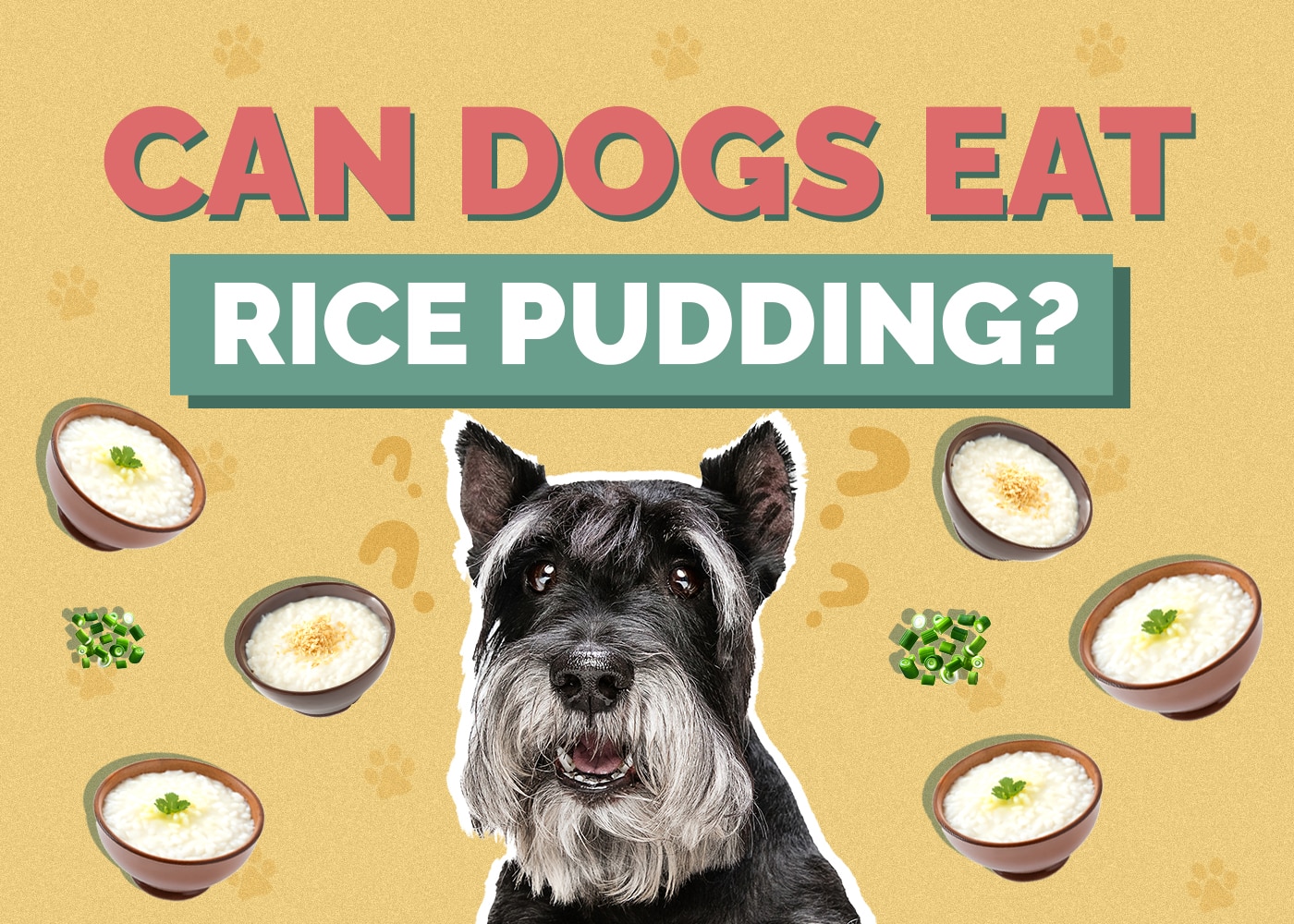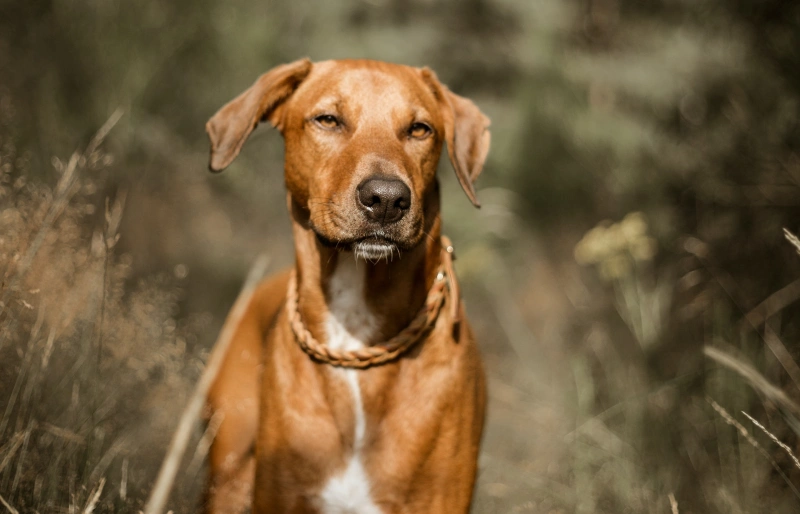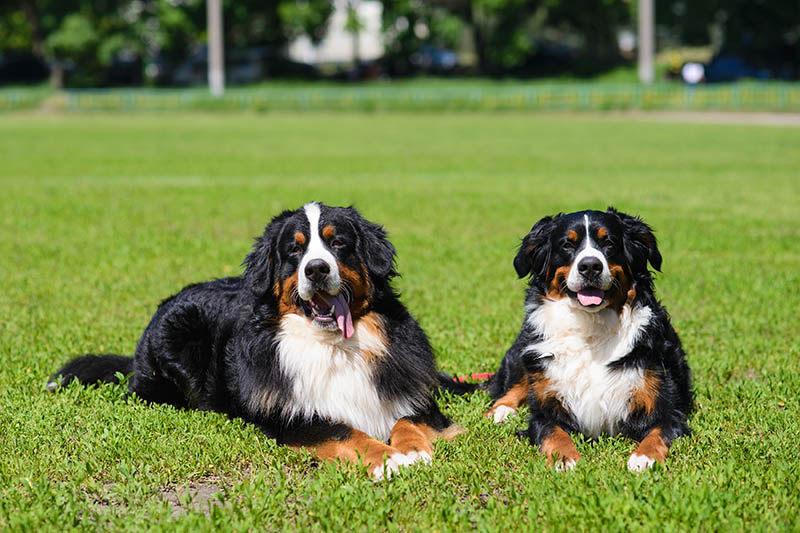Can Dogs Eat Lollipops? What Science Says!
By Kit Copson
Updated on
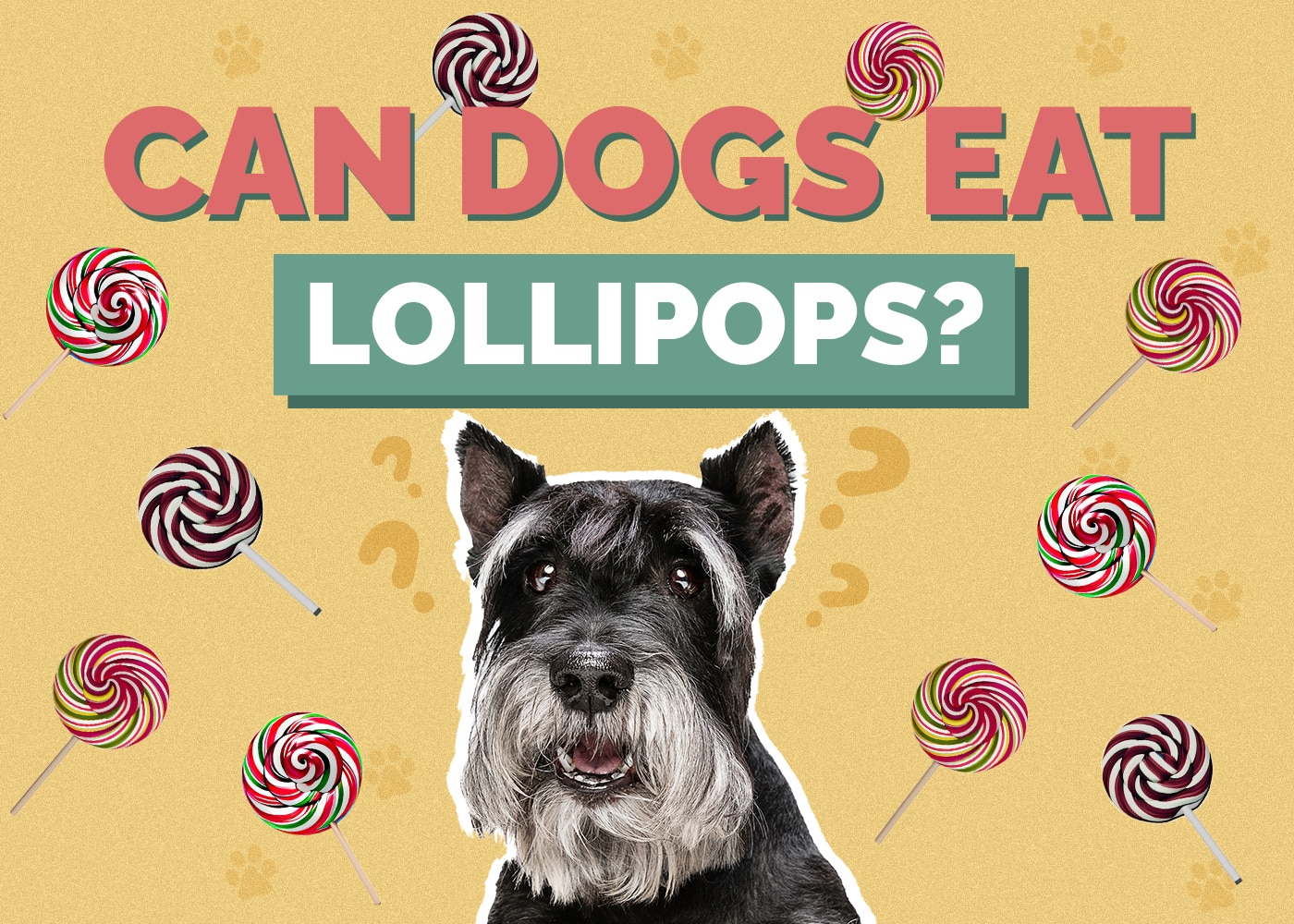
In this post, we’ll explore why dogs should not eat lollipops and the risks involved in eating different kinds of candy like hard candies, chocolate, and candy corn.
 How Healthy Are Lollipops for Dogs?
How Healthy Are Lollipops for Dogs?
Lollipops aren’t healthy at all for dogs, especially if they eat them regularly. Lollipops have a high sugar content and, any foods with added sugar are best kept away from dogs because their digestive systems just aren’t built to handle a lot of sugar. There’s also the possibility that they contain xylitol, a sweetener that is toxic to dogs and is present in many sugar-free products.
If your dog has eaten the candy off of a lollipop—especially a sugar-free one—contact your vet to be on the safe side. Provide as much information as you can about the situation to help your vet determine if you should bring your dog in for a checkup.

The Health Risks of 5 Types of Candy to Avoid
If you’re curious to know more, here, we’ll break down why feeding candy and other sweet treats to dogs isn’t such a good idea.
1. Chewing Gum
Chewing gum—sugar-free gum in particular—often contains xylitol, which is a sugar substitute lower in calories than regular sugar. It’s commonly added to products to make them taste sweeter. Unfortunately, xylitol is very toxic to dogs and can cause a surge in insulin and a quick, steep drop in blood sugar—also known as hypoglycemia. These effects can start within an hour after ingestion.
Symptoms of low blood sugar include weakness, vomiting, tremors, stumbling over, collapsing, depression, disorientation, seizures, and becoming comatose. Intestinal blockage is another danger to dogs if they eat gum, though symptoms of this sometimes don’t show themselves for several days.
If you suspect that your dog has eaten chewing gum, please contact your vet or the pet poison helpline straight away.
2. Hard Candies
In addition to being high in sugar and having the potential to cause an upset stomach if your dog eats a few of them, hard candies are a choking hazard. Another danger is that several candies get stuck together in the stomach, resulting in a dangerous blockage. Like gum, if the hard candy contains xylitol, this is another major risk for dogs. Steer clear.
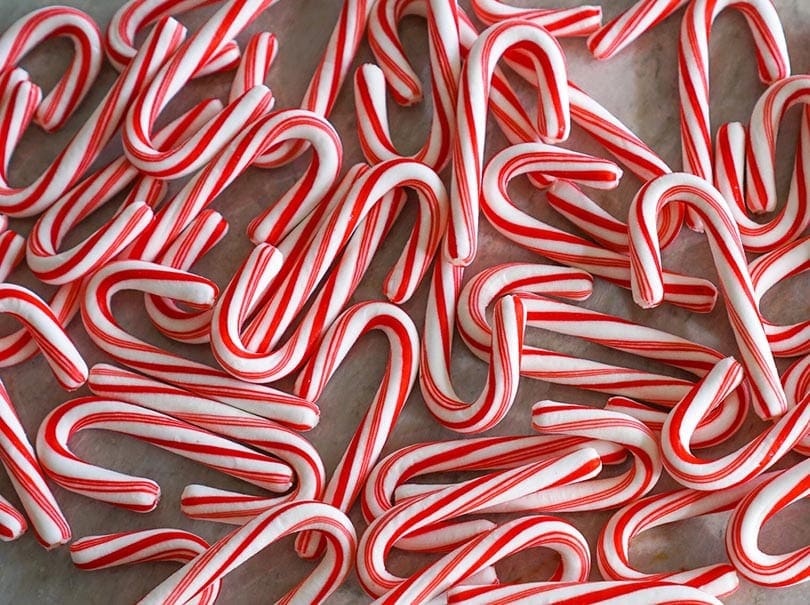
3. Candy Corn
Like other sweet treats, candy corn is full of sugar. If your dog manages to chomp down more than just a couple, they may end up with an upset stomach and symptoms like diarrhea, vomiting, abdominal pain, gas, and lethargy.
If your dog has a sensitive stomach, they could end up with pancreatitis from consuming too much sugar, which is inflammation of the pancreas. This is a very serious condition that can be fatal. Symptoms of pancreatitis include lack of appetite, vomiting, diarrhea, lethargy, panting, abdominal pain, and restlessness.
According to PetMD, less than two teaspoons of candy corn is likely to be safe for medium and large dogs, but it’s simply not worth taking the risk. Contact your vet if you suspect that your dog has consumed candy corn.
4. Chocolate
Unfortunately, chocolate is another much-loved human snack that is toxic to dogs. This is due to the presence of theobromine—a chemical that a dog’s metabolic system isn’t built to handle—and caffeine. In some cases, chocolate contains other toxic ingredients like raisins.
As with candy corn and other candies, ingesting chocolate puts your dog at risk of gastrointestinal upset and/or pancreatitis. In severe cases, dogs can become seriously ill.
Dark chocolate is more dangerous than lighter types of chocolate, but you should still never give your dog any kind of chocolate that humans would eat. Fortunately, you can get pet-safe chocolate treats made specifically for dogs to enjoy.

5. Candy Wrappers
Some dogs don’t stop at the candy—they wolf down the wrapper as well. Eating a small number of wrappers may result in an upset stomach that requires medication. If your dog eats several wrappers, they could end up with a bowel or stomach obstruction.
Contact your vet if you think your dog has eaten wrappers. If possible, tell your vet how many wrappers you think your dog has eaten.
 Final Thoughts
Final Thoughts
In brief, dogs should not eat lollipops or any other kind of human candy because the health risks can be great. If your dog likes these kinds of treats, consider stocking up on sweet treats made for dogs at your local or online pet store. There is a multitude of dog-safe treats, including dog chocolate, fruit-flavored dog biscuits and chews, and, of course, doggy lollipops.
Featured Image Credit: Skitterphoto, Pixabay

 How Healthy Are Lollipops for Dogs?
How Healthy Are Lollipops for Dogs?